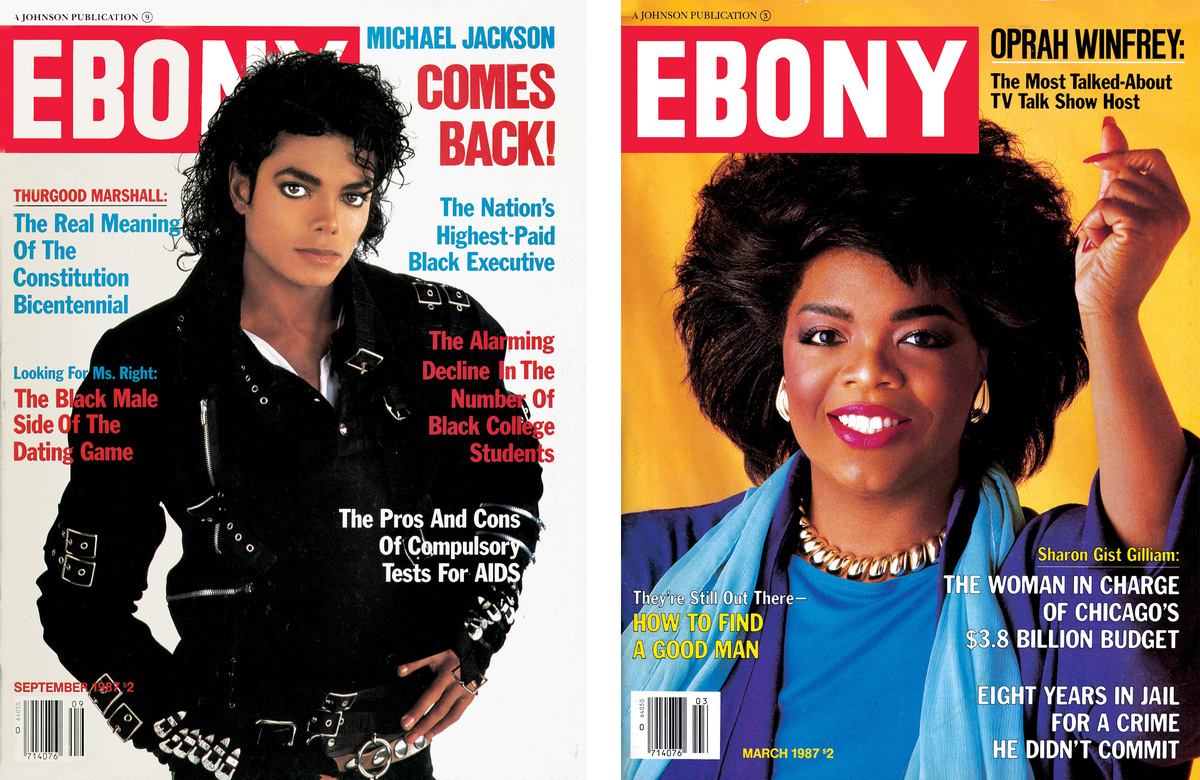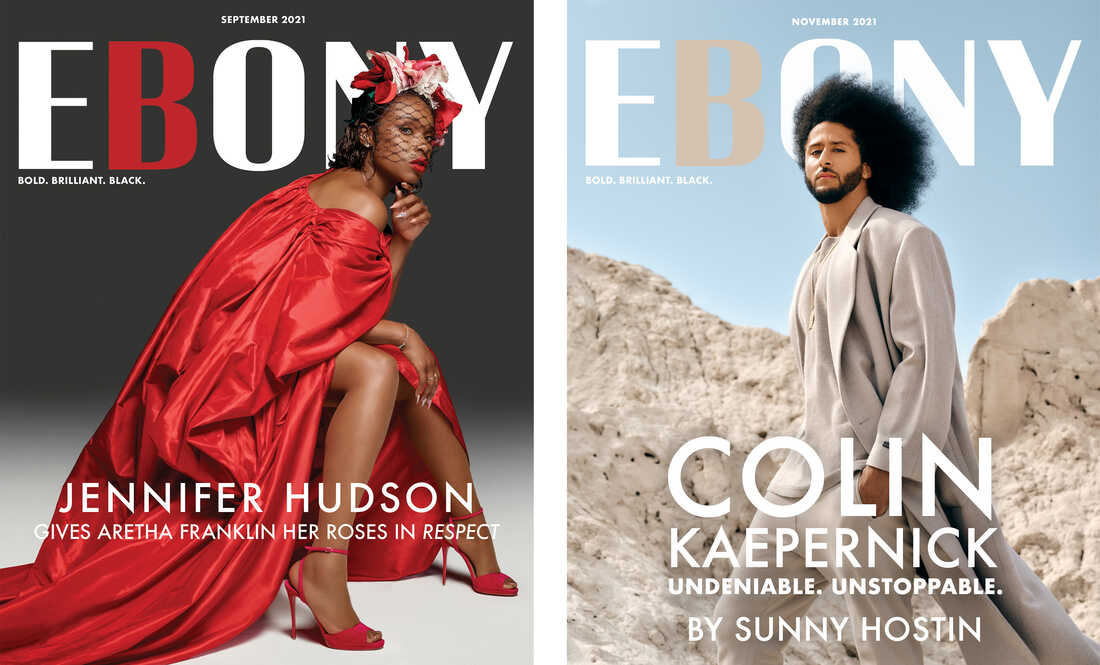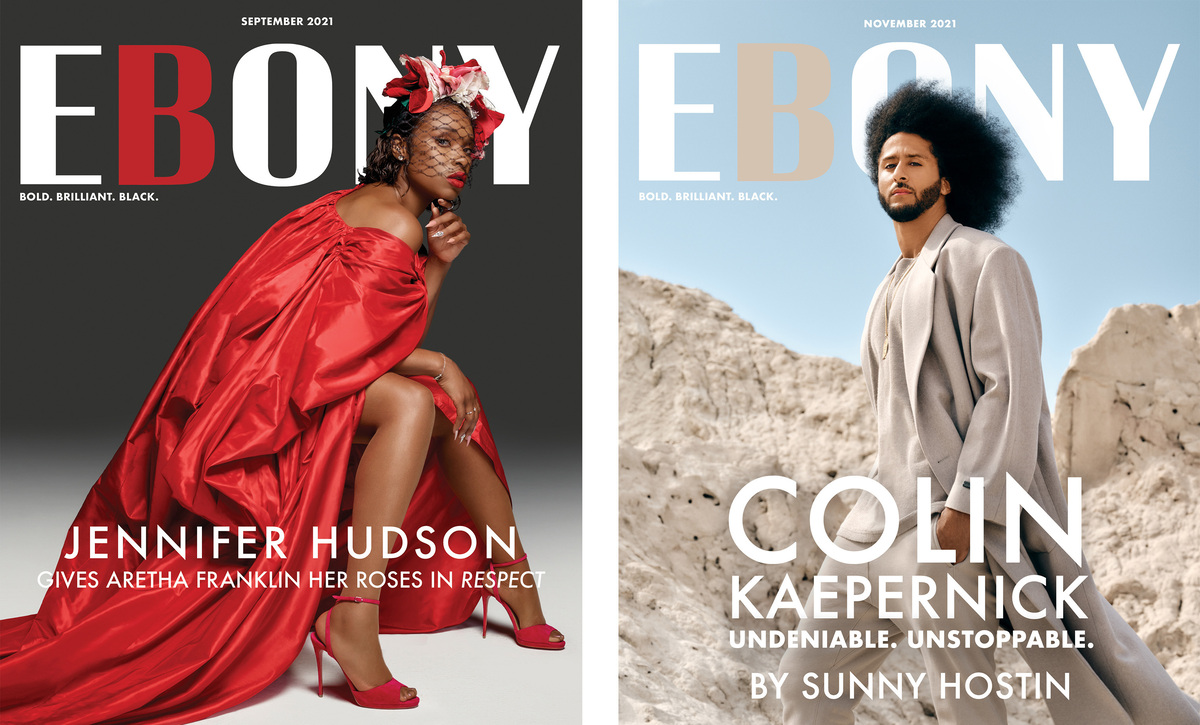
[ad_1]


Ebony magazine has shown the glamour and grit of Black life since Nov. 1, 1945, when Black entrepreneur John Johnson published the first issue. He intended it to be a Black version of Henry Luce’s Life magazine.
Ebony‘s stories and glossy photos of Black politicians, athletes, protesters, artists, models and college students have fed the souls of Black people for generations.
But in recent years the magazine faced the same challenges as many other traditional print publications. Now, as it turns 76, the publication is rebooting and hoping for a revival with a new approach.
John Johnson’s company, Johnson Publishing, sold Ebony and its sister magazine Jet to a private equity firm in 2016.
Ebony stopped printing its magazine in 2019 and Johnson Publishing filed for bankruptcy the same year.
The magazines changed hands again last year, with Milwaukee Bucks alum and Black businessman Ulysses Bridgeman buying Ebony and Jet for $14 million in December. It officially relaunched in March.
Lessons from the historical Black press
Ebony is embracing a purely digital format to reach audiences. But now many media platforms are making stories about Black people. Clint Wilson taught journalism at Howard University and recalls a similar moment during the civil rights era.


“The white press, not just the written press, but television news shows. At that time you had NBC, ABC, CBS — they were all covering the stories of civil rights,” he says. “We just lost control of our own news.”
Many of the weekly newspapers that formed the Black press during that time have survived. Wilson estimates around 200 remain today.
Buried in the history of the Black press are possible clues for how to compete in today’s media environment.

“If we go back to the founding of the Black press, there was a hunger, a thirst to unify as a community,” Wilson says.
The first Black newspaper, called Freedom’s Journal, was founded in 1827. Then came many more, including the Pittsburgh Courier, The Chicago Defender, Frederick Douglass’ The North Star, and Charlotta Bass’ The California Eagle.
“When the movie Birth of a Nation was being filmed … [Bass] was the one that alerted other Black publications around the country that this film was being made and how degrading it was,” Wilson says, with Bass forcing the director to cut some scenes.
Ebony pivots to financial literacy and building Black wealth
Ebony is evoking that spirit of organizing around issues such as abolition, voting rights and opposing racist housing and labor practices with its new focus: “Move Black Forward.”


Michelle Ghee became Ebony‘s CEO in January. She says the publication is pivoting toward promoting Black “generational wealth.” Ebony isn’t abandoning celebrity and entertainment, but is doubling down on content that builds financial literacy and wealth and promotes business ownership.
“African Americans are not getting compensated, they’re not getting honored, they’re not getting hired at the rate at which they’re contributing to the American fabric,” Ghee says.
“We have to begin to educate, but also give people tools so that they can too begin to build their businesses. I’m flying from place to place literally meeting small business owners asking: How can we help you, how can we support?”
As part of the new mission, Ebony has put on “block party” events in Atlanta, New York City and New Orleans designed to highlight and empower small Black businesses.
Andre Perry of the Brookings Institution, who has studied Black businesses and wealth, says the new focus will boost efforts toward economic parity and mobility and help to reshape racist perceptions.


“Our elders used to say: Our ice is just as cold [as that of white people]. They knew that our services, our goods are just as good. And so if we can remove those negative stereotypes, we can really eat at the wealth divide that currently exists,” he says.
Ebony is gambling that its new approach will make a difference and pay off for the magazine.
[ad_2]
Source link